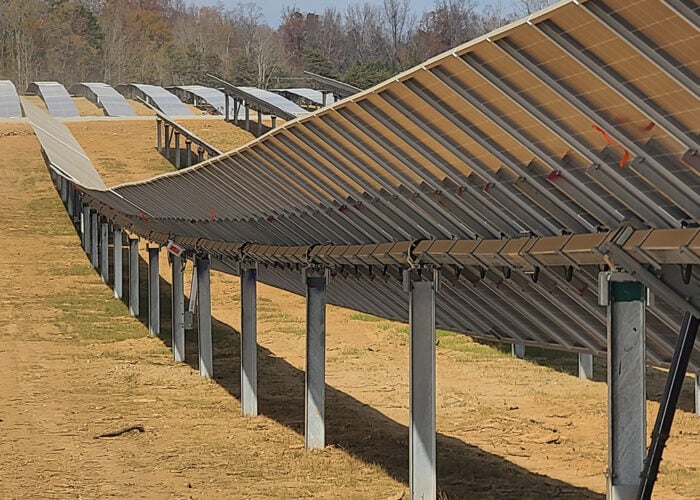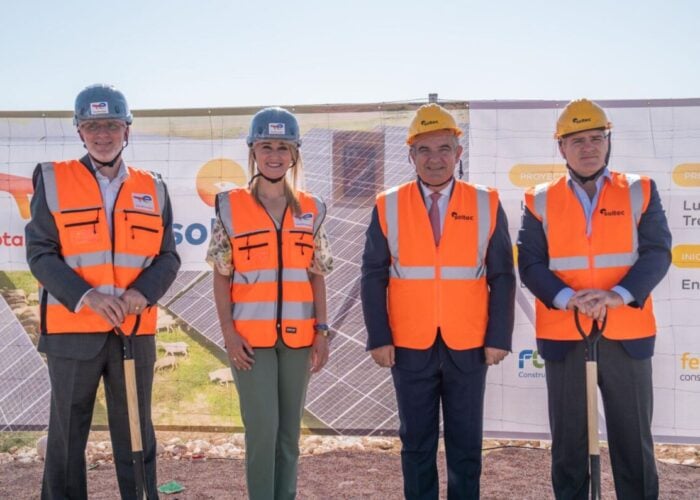A cap of 2.5% should be applied to inreases in renewable energy incentives levy in Germany, according to the country's Environment Minister, Peter Altmaier.
In a report published yesterday the minister said the cap would ensure “predictability, reliability and affordability of Germany’s renewable energy act (EEG)”. The EEG levy will remain as it currently stands at €0.0528 (US$0.072) per kWh, and will increase by a maximum of 2.5% each year from 2015.
Unlock unlimited access for 12 whole months of distinctive global analysis
Photovoltaics International is now included.
- Regular insight and analysis of the industry’s biggest developments
- In-depth interviews with the industry’s leading figures
- Unlimited digital access to the PV Tech Power journal catalogue
- Unlimited digital access to the Photovoltaics International journal catalogue
- Access to more than 1,000 technical papers
- Discounts on Solar Media’s portfolio of events, in-person and virtual
In just seven years, the EEG levy of €0.0088/kWh (US$0.1192) rose to €0.0528. According to Altmaier’s report, household electricity prices rose by 4.5% in 2006 to 18.3% in 2013. At present electricity prices cost €16 billion a year, with the feed-in tariff accounting for €1.5 billion (US$2.03 billion).
However, in a statement the German solar industry body BSW said Altmaier’s proposal was “not only absurd, it is also legally questionable”.
Instead the BSW said: “Instead of requiring operators of solar and wind power plants to pay more, the financing of the Energiewende [EEG] should finally be distributed on broader shoulders again. The environmentally harmful industrial on-site electricity generation from fossil fuels should be more involved in the financing of the Energiewende, for example. At the same time, there needs to be a restriction of the industrial privilege, which transfers a significant measure of burden from industry to the population at large.”
By delaying and cutting FiT payments for new systems, reducing the number of energy-intensive companies that are supported by the levy, and calling for the industry to support itself, Altmaier believes that the EEG levy would result in a cost saving of up to €500 million (US$677 million) due to reduced electricity prices.
The BSW believes this would send the wrong message to new investors by “adding to the already high degree of uncertainty created by the freezing of the EEG apportionment”.
An article by Ulli Gericke from German press Borsen-Zeitung yesterday calls Altmaier’s proposals an “election manoeuvre”. According to the article, Almaier knows perfectly well that he has no chance to push his proposals through parliament before the elections in September this year, due to opposition from the Social Democrat Party, Die Grünen (Greens) and Die Linke (the Liberals).
His predecessor Norbert Röttgen, who was fired in May last year, failed to pass similar proposals, therefore there is no guarantee that Altmaier would fare any better, concludes the article.
The BSW also states that, “Citizens who are taking the Energiewende into their own hands by consuming clean electricity generated on their own rooftop must not be asked to pay the price for misguided policies.”







